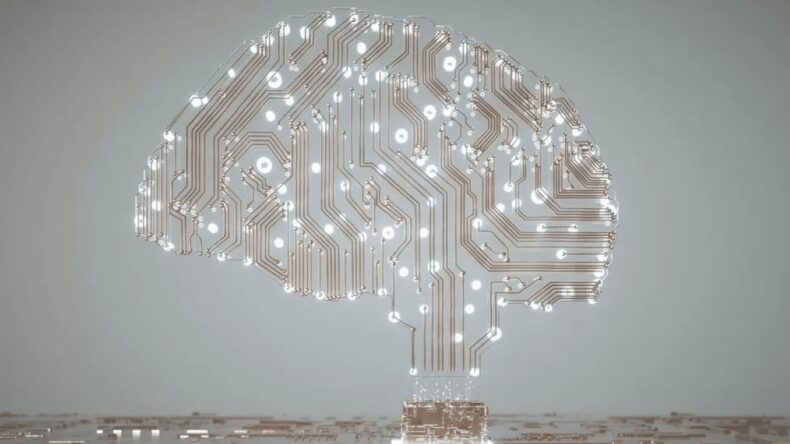Geoffrey Hinton, 75, the man hailed as the “Godfather” of artificial intelligence, announced his departure from Google. A part of him, according to sources, regrets his life’s work on deep learning and neural networks.
According to him, the dangers of AI chatbots were “quite scary.” He also noted that soon, digital intelligence might overshadow human intelligence completely.
The pioneering research of the Godfather
The development of new A.I. systems, according to industry leaders, could be as significant as the invention of the web browser in the early 1990s and could result in breakthroughs in fields like drug research and education. However, generative AI can already be a tool for misinformation, posing a threat to jobs as well as humanity. “It is hard to see how you can prevent the bad actors from using it for bad things,” Dr. Hinton said. ”You can imagine, for example, some bad actor like Putin decided to give robots the ability to create their own sub-goals.”

Dr. Hinton adopted the concept of a neural network, a mathematical system that learns skills by analyzing data, in 1972 as a graduate student at the University of Edinburgh. Few scientists at the time supported the theory. He taught computer science at Carnegie Mellon University in the 1980s, but he left the institution for Canada because he claimed he was hesitant to accept funding from the Pentagon.
He worked together with Ilya Sutskever and Alex Krishevsky, two of his Toronto-based students, in 2012 to develop a neural network that could examine thousands of photos and train itself to recognize common objects like cars, dogs, and flowers. Google invested $44 million to purchase that technology.

Their research also sparked the development of more potent tools, such as ChatGPT and Google Bard, now turned into chatbots. Later, Mr. Sutskever rose to the position of OpenAI’s chief scientist. The Turing Award, frequently referred to as “the Nobel Prize of computing,” was given to Dr. Hinton and two additional longtime collaborators in 2018 for their work on neural networks.
The battle of tech giants over AI
Dr. Hinton said he has quit his decade-long job at Google so he can freely speak out about the risks of AI. He believed the systems were less intelligent than the human brain in some ways, but that they were surpassing human intelligence in others as Google, OpenAI, and other companies started developing neural networks that learned from vast amounts of digital text.
He thinks that as businesses advance their AI systems, they become more dangerous.
The competition between the titans of technology may be impossible to break, according to Dr. Hinton.

The scientist warned that this might eventually create sub-goals like hunger for power. He also added that humans are fundamentally different from digital systems that work like a hive mind with instantaneous communication prowess, which is why chatbots know so much about a person.
The concerns about AI misuse
His immediate concern is that the internet will be flooded with fake photos, videos, and texts that are impossible to discern from the truth for a layman. In time, he is worried that AI technologies will disrupt the job market completely, replacing roles that handle rote tasks like translators, paralegals, etc.
He is concerned that because the technology is constantly learning from the vast amounts of data it analyzes, future iterations could endanger humanity. As people and businesses permit AI systems to run their own computer code in addition to producing their own, this problem will become more serious. And he dreads the day when killer robots—truly autonomous weapons—become a reality.

While many other experts scoff at this threat as hypothetical, Dr. Hinton believes that the race between Google, Microsoft, and others will escalate into a global race necessitating global regulation. But unlike with nuclear weapons, he claimed, it is impossible to tell whether businesses or nations are developing the technology covertly. Collaboration among the world’s leading scientists to control AI is the best hope for humanity.













